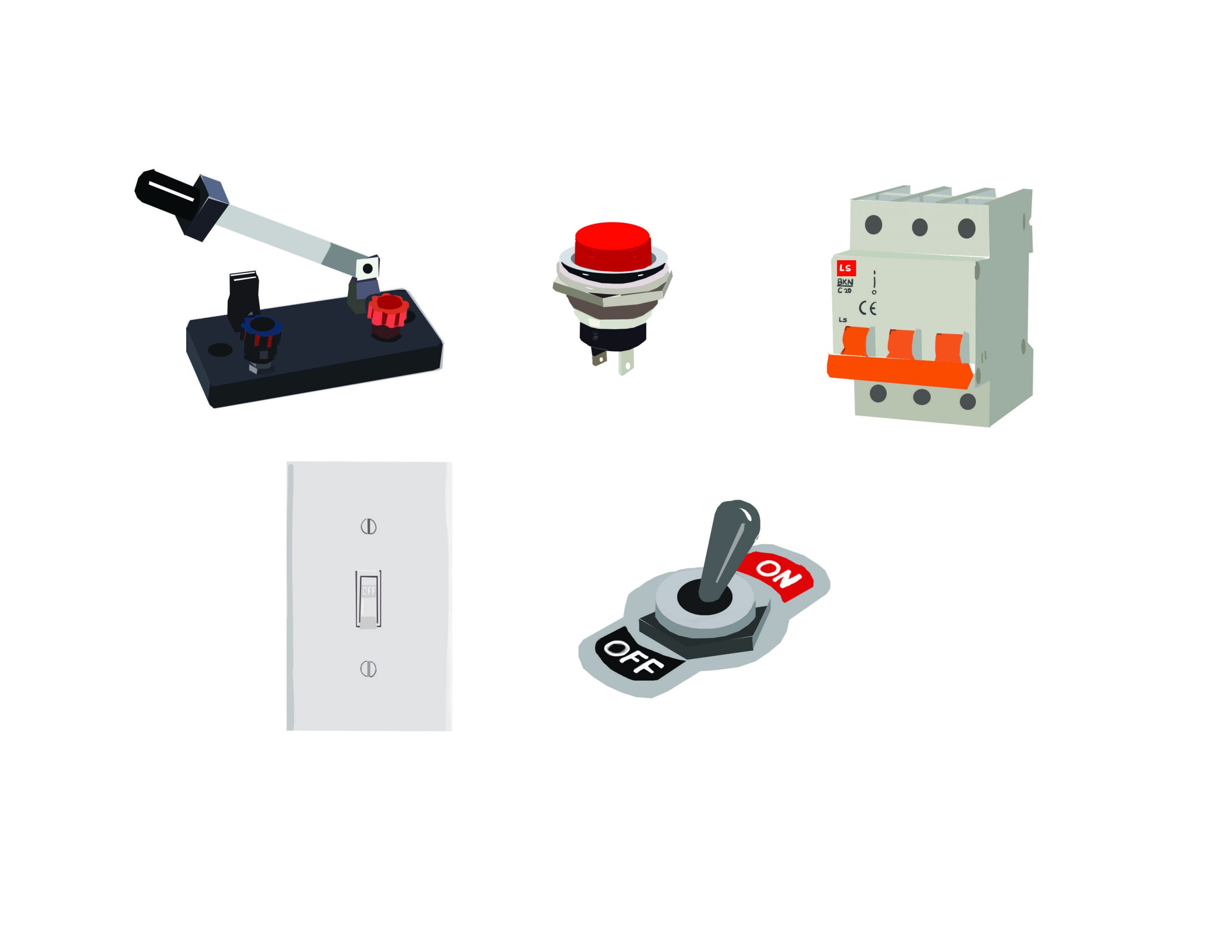Get Tech Tips
Subscribe to free tech tips.
Gluing Tubing Insulation

I see a lot of techs and installers use tape over foam tubing insulation joints (Rubbatex, Armaflex, etc.) rather than using the glue that is designed for it.
Some of them use tape because they don't know the glue exists; some use tape because it's what they happen to have on the truck, and others don't use the glue because they attempted to use it and couldn't get it to work right.
There is a trick to using contact adhesives like tubing insulation glue and spray glue. You need to allow it to dry a bit and “tack up” before pressing it together.

Here is the step-by-step guide:
- Make cuts clean and even.
- Apply glue on BOTH sides of the cut.

- Hold the sides apart and allow them to dry and get tacky.

- Press together evenly and hold.

- Celebrate your new skill by attempting to pull it apart and being unable! (This part is based on a true story; no Armaflex was harmed in the making of this photo.)














Comments
To leave a comment, you need to log in.
Log In